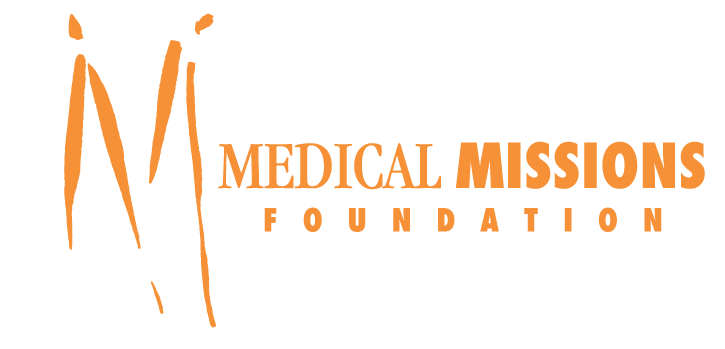Uganda 2015 – Day 3

Girls at Afripads Class
The women do most of the work in Uganda, including preparing food, making clothing, fetching water and firewood and caring for the elderly and the orphaned. These women are like other women around the world in that they all face similar challenges, ranging from poverty to providing food, clothing, shelter and education for their families.
In Uganda and other low income countries, women and girls face serious challenges when it comes to managing their menstrual cycle. They lack access to affordable hygienic menstrual products and are forced to use improvised materials, such as rags, scraps of old clothing, pieces of foam mattress, toilet paper, leaves, and banana fibers to manage their menstruation – all of which are unhygienic, ineffective, and uncomfortable and can lead to leaks and infections.
1 out of every 10 African schoolgirls skips school or drops out of school entirely due to a lack of menstrual products and poor access to proper sanitation, according to UNICEF. This critical unavailability of sanitary products in developing countries is a major barrier to education for girls of school-going age. The inability to effectively manage menstruation contributes to absences of up to 4-5 school days each month, equating to as much as 20% of the academic year intentionally skipped, simply due to menstruation. Eventually many of these girls drop out of school entirely, increasing their likelihood of teen pregnancy, health complications and early marriage, and further limiting their future career and economic opportunities. This is a common problem not only in Uganda, but in under-developed countries all over Africa and Asia.

Mary Jane Alex with a kit
Medical Missions Foundation has made it a priority to improve the quality of life for these young women and keep them in school despite the physical and emotional effects of menstruation. Here is how it all got started… Lisa Buchholz, our pharmacist, was talking to her sister-in-law, Jessica, about her annual trip to Uganda. Medical Missions is purchasing a significant number of AFRIpads, but most women still lack underwear. Without the underwear, the AFRIpads are useless. Jessica took it upon herself, without Lisa’s knowledge, to start Rounding up Undies. They even have a Facebook page! To date, they have collected over 1,000 pair of underwear and $2,500 in donations. Medical Missions Foundation has put together a hygiene kit with the underwear, AFRIpads, washcloths and soap. These hygiene kits, along with an educational brochure will be distributed in our clinic and other locations around Gulu during the course of our mission. Dr. Tammy Neblock-Beirne, our mission Medical Director, will be educating the women on proper hygiene as well as reproductive health issues.

